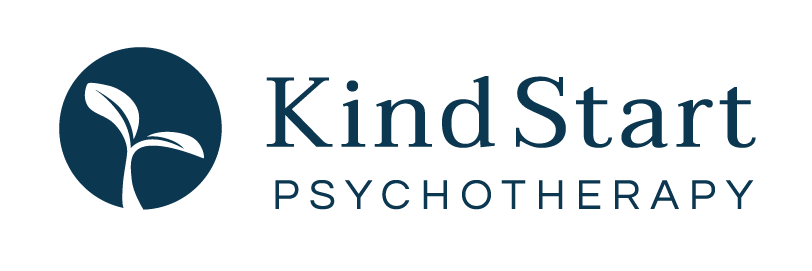
Resources & Worksheets
Worksheets Coming Soon
Therapy Models
If you’re interested in learning about the different types of therapies used (aka treatment modalities), explore the section below…
What are Treatment Modalities?
In psychotherapy, a treatment modality gives us a framework for how to tackle “the problem.” Each modality brings a specific lens or perspective that helps us understand how the issue emerged and how to create change. Choosing a treatment modality helps to structure therapy and meet your goals.
Don't worry! You won't have to choose a modality yourself. We will work collaboratively to determine what approach "fits best" to your situation. Remember, therapy is not "one size fits all." It's important to create a tailored treatment plan for each client. Listed below are the types of treatment modalities I use most often and a brief description of what they mean.
It is not your responsibility to research or select a modality type - that’s what I’m here for! I chose to list these on my website to help people understand and learn more about the therapeutic process. Of course, when working together, I will outline these modalities in more detail and provide my professional recommendations for your needs.

Modalities
-
Cognitive Behaviour Therapy (CBT)
The basis of CBT = how we think determines how we act. We identify patterns in your thinking and outline how this shapes your behaviour and affects your daily life. Once we understand this framework, we have a better idea of what needs to happen to change the problematic-pattern. CBT is structured, organized, and assigns "homework" after every session. The homework is designed to strengthen skills, foster reflection, or prepare for our next session.
-
Narrative Therapy (NT)
Humans are social creatures. Our social interactions and the society around us influence the way we see others and ourselves. People tend to absorb external messages (both positive and negative) and then incorporate them into their self-concept. Narrative therapy works to unpack all of this. We take the beliefs you hold about yourself and examine where they came from - when did you first starting thinking this way? Who told you this? Next, we focus on updating these beliefs. The goal of NT is to liberate people from the burden of problem-saturated narratives.
-
Solution-Focused Therapy (SFT)
Solution-Focused Therapy is a straightforward approach to working through personal issues or topics you feel conflicted about. We search for your strengths, identity what solutions have worked for you in the past, and tailor them to apply to the current situation. This approach is brief and is best suited for 3-4 sessions. The goal of this type of therapy is to teach people how to work through problems on their own.
-
Person-Centered Therapy
Person-Centered Therapy is a softer approach to therapy, but can be equally as impactful. The goal is to develop an empathetic space where you can explore your emotional experiences, learn more about yourself and your history, and build inner confidence. The therapist takes a more laid-back approach, letting the client guide the session. Person-Centered Therapy is less structured than other modalities and best suited for a higher number of sessions.
-
Child Grief & Bereavement
Children process death differently than adults. As a child ages, their understanding of death changes. This means their relationship and experience with grief also changes over time. I have completed a certificate program in Child Grief & Bereavement from Sick Kids Hospital and have relevant work experience in helping youth work through the loss of a loved one.
-
Gottman Method
The Gottman Method is a specialized approach to working with couples. This approach focuses on improving communication and building intimacy, affection, and respect in the relationship. I have obtained certificates in Level 1 and Level 2 training from The Gottman Institute.
